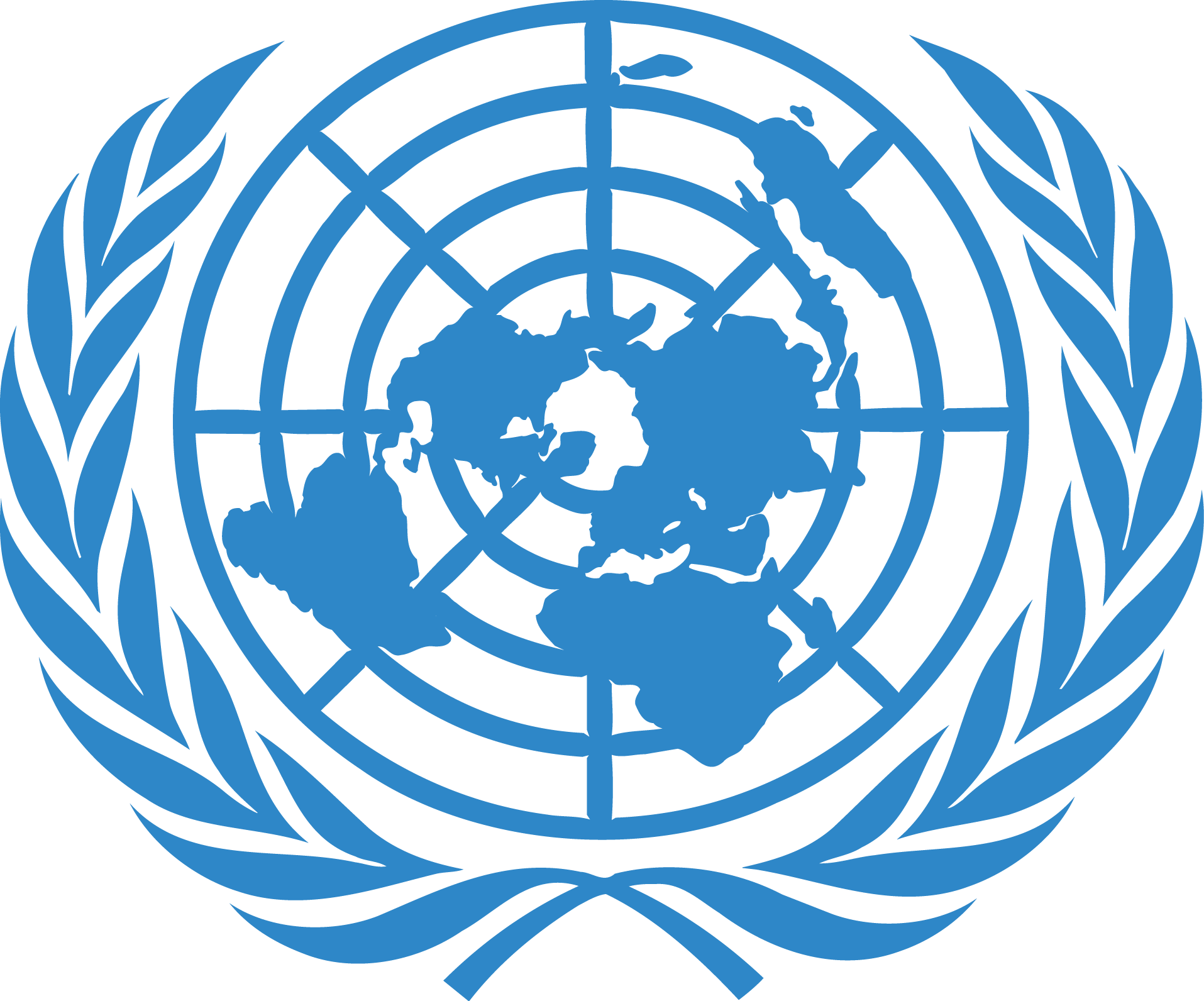Judith L. Pinkard
Abstract: A foundational aspect of international relations theory, the concept of self-help has been a controversial idea in international law with the progress of time. Best defined as a State’s ability to utilize the necessary means in order to ensure its own survival, this article analyzes idea of self-help through various instances in which the concept has been applied in modern international relations, i.e. retorsion, reprisals, self-preservation, and self-defense. Retorsion is separated into two types: political and economic. While economic retorsion may result in the enactment of sanctions or imposing higher tariffs on imports, political retorsion is performed through severing diplomatic ties by withdrawing diplomats. Furthermore, this piece examines the concept of self-help by presenting compelling information as to how self-help was influenced by both the League of Nations Covenant and the United Nations Charter. With the establishment of the United Nations, the prevalence of self-help would promptly diminish due to a growing emphasis for peaceful relations and, more pertinently, collective security. The idea of self-preservation was also an original focus in the study of international relations. This concept dates back to the emergence of states but is also apparent throughout history. This article argues that previous efforts to eradicate war have been ultimately futile. Self-preservation, self-help, and self-defense are inherent rights to states in the international community; these fundamental rights are best upheld by states themselves, and should not have to be altered by international law.
Key Words: International Law, International Relations, Self-help, Self-preservation, League of Nations, United Nations, Collective Security, Self-Defense.
Previous Article/ Next Article




You must be logged in to post a comment.